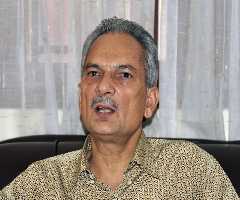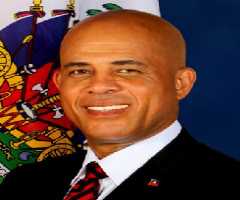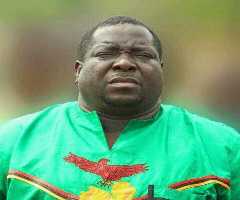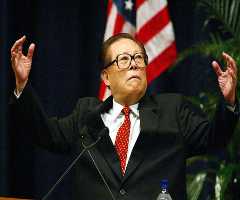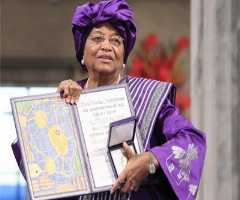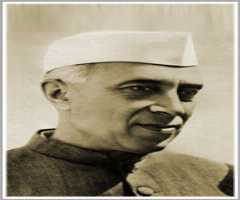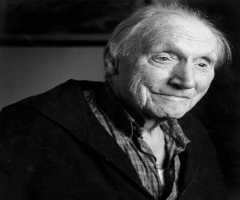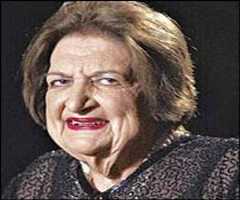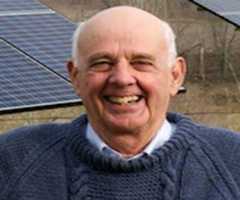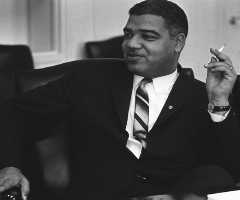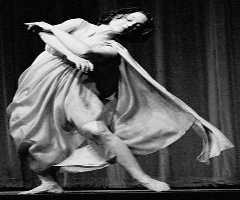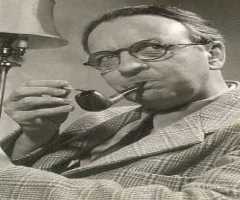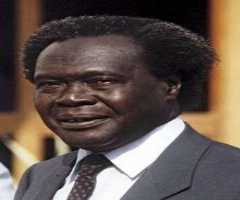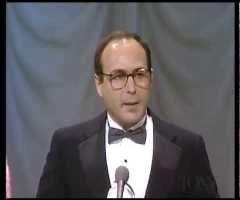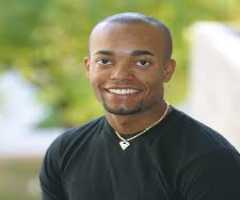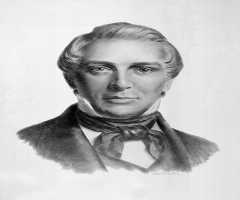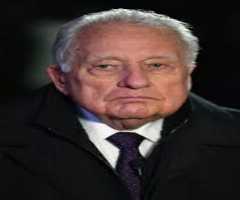John C. Breckinridge Biography, Life, Interesting Facts
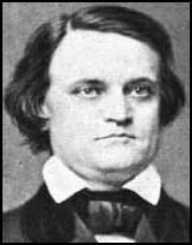
Birthday :
Died On :
Birth Place :
Lexington, Kentucky, United States of America
Zodiac Sign :
John C. Breckinridge was an American soldier, lawyer, and politician. Born on January 16, 1821, he was the 14th Vice President of the United States of America from1857 to 1861. John C. Breckinridge who was the youngest ever vice president of that country first served in both houses of Congress for the US state of Kentucky. During the American Civil War, John C. Breckinridge served as a Senator but was expelled after he joined the Confederate Army. By this act, John C. Breckinridge was convicted of treason and remains the only Senator of the United States to be convicted of such crime by the Senate.
John C. Breckinridge served as the Confederate Secretary of War during the latter part of the war. John C. Breckinridge then contested and won an election to the Kentucky House of Representatives on the ticket of the Democrat. After his term of office in 1854, John C. Breckinridge declined a re-election and therefore was nominated as vice president to candidate James Buchanan during the 1856 Democrat National Convention. The Democrats won the election and hence became the vice president of the United States of America.
Early Life
John C. Breckinridge was born on January 16, 1821, at Thorn Hill, near Lexington, Kentucky to Joseph Cabell and Mary Clay Breckinridge. John C. Breckinridge was the fourth child of six and the only son of the family. His father was also a politician and served as Speaker of the Kentucky House of Representatives. John C. Breckinridge was later appointed the Kentucky Secretary of State, and the family later moved to the Governor’s Mansion in Frankfort, Kentucky with Governor John Adair. John C. Breckinridge and his other siblings were sent to Lexington during the breakout of the prevailing fever in Frankfort in August 1823. After the return of his parents to Frankfort, they both got ill, and his father later died, and Mary later joined his children in Lexington.
John C. Breckinridge received his education from the Pisgah Academy in Woodford County and was taught political philosophy by his grandmother. John C. Breckinridge enrolled at the Centre College in November 1834 and graduated with a Bachelor of Arts degree in September 1838. Upon his graduation, John C. Breckinridge became a resident graduate at the College of New Jersey currently Princeton University from winter1838 to 1839. John C. Breckinridge then returned to Kentucky to study law under Judge William Owsley.
John C. Breckinridge enrolled in at Transylvania University in November 1840 for his second-year law course where John C. Breckinridge studied under Kentucky Court of Appeal judges, George Robertson and Thomas A. Marshall. John C. Breckinridge graduated with a bachelor of law degree on February 25, 1841, and his license to practice the following day
Early Legal Career
John C. Breckinridge moved to Frankfort to commence his law practice as Lexington was overcrowded with lawyers. However, John C. Breckinridge was unable to find an office there so moved to Iowa Territory with his friend Thomas W. Bullock in October 1841 and settled in Burlington, Iowa by the winter of 1842–1843.
While there, John C. Breckinridge became convinced to join the Democratic Party and was named the Democratic committee of Des Moines County in February 1843. John C. Breckinridge later moved to Kentucky to set up a law firm with Thomas’ cousin Samuel Bullock and moved to Georgetown after his marriage. The family later moved to Lexington in 1845 to form a law partnership with James B. Beck, future US Senator.
Early Political Career
After officially joining the Democrat party in 1843, John C. Breckinridge got involved in political activities including campaigning for presidential nominee James K. Polk in 1844 campaign. He declined all initial attempts to convince him to seek political positions including clerk of Scott of County and Eighth Districts congressional seat in 1845. Breckinridge strong stance and pro-slavery ideology won him the first term at the Kentucky House of Representatives.
John C. Breckinridge helped in the formulation and adopting new amendments in the constitution on the issue of slavery. After his first term of office, John C. Breckinridge declined denomination citing personal issues. His son John Milton had died prior to the end of the first session in 1850. In 1851, John C. Breckinridge rather sought for election to the Congress from Kentucky’s Eight District. Breckinridge has fierce competition from Leslie Comb, who many tipped to win the election.
John C. Breckinridge, however, pulled a surprise win over Comb. He was backed by his supporters for the Speaker of the House position, but John C. Breckinridge declined rather to support Kentuckian Linn Boyd who was his factional enemy. John C. Breckinridge was assigned to the Committee on Foreign Affairs by Boyd. He became very active in the chamber’s debate, but his contributions to significant pieces of legislation were few. After his first term, John C. Breckinridge for sought re-election and this time had to contest against General James Harlan who later stepped down for Robert P. Letcher, a former congressman and governor of Kentucky. Both put out a good campaign, but at the end, John C. Breckinridge was able to beat Letcher by 526 votes.
John C. Breckinridge became one of the 80 members of the House to retain their seats for the Thirty-third Congress. This time John C. Breckinridge was assigned to the Ways and Means Committee, but his expectation to serve as the chairman was shuttered as it went to another person. After serving his second term of office, Breckinridge was left with no hope of being re-elected since Owen County, which gave him man votes were replaced by Harrison and Nicholas Counties coupled with the rise of the Know Nothing Party. John C. Breckinridge, therefore, resigned to continue with his law practice.
Vice Presidency
John C. Breckinridge was unanimously voted for as a vice presidential candidate in the second round of election after polling 55 votes in the first round which placed him second. John C. Breckinridge actively joined the campaign of the presidential nominee James Buchannan and was able to win the election with 14 electoral votes over 114 of the Republican’s John C. Fremont and Know-Nothing candidates William L. Dayton who had eight votes. Breckinridge who was 36 years then became the youngest vice president in the United States history. However, his relationship with President Buchannan continued to strain and had almost no power.
During the 1860 Democratic National Convention in Charleston, South California, John C. Breckinridge he was nominated by his supporters to contest for the presidential candidacy but that went to Lincoln and at the end was elected as a senator. His disagreement with the unionist government and denouncing the Unionist state legislature coupled with and aimed to Confederate Kentucky and his sympathy for the Southern cause. John C. Breckinridge then enlisted in the Confederate army and was therefore indicted for treason in the U.S. federal district court in Frankfort on November 6, 1861, and was declared a traitor on of US on December 2, 1861, and expelled from the Senate.
Later Years
After being expelled from Senate, John C. Breckinridge was commissioned as a brigadier general in the Confederate Army on November 2, 1861, upon the recommendation of Simon Bolivar Buckner a former commander of the Kentucky State Militia for the civil war. John C. Breckinridge was put in charge of the 1st Kentucky Brigade on November 16 in the same year.
John C. Breckinridge rose through the ranks to become a major general. John C. Breckinridge later gave up on this campaign as the federal and Union forces advanced further and there was no hope of the Confederates winning the war and therefore left for exile. John C. Breckinridge lived in Cuba, Great Britain and later to Toronto, Canada, where he united with his family. John C. Breckinridge later returned to the US after amnesty was given to all former Confederates on December 25, 1868, by Johnson and arrived in Lexington on March 9, 1869.
Personal Life
John C. Breckinridge was married to Mary Cyrene Burch on December 12, 1843. The couple settled in Georgetown, Kentucky and had six children. His son, John Milton fell ill and died on March 18, 1850. Breckinridge died on May 17, 1875.
